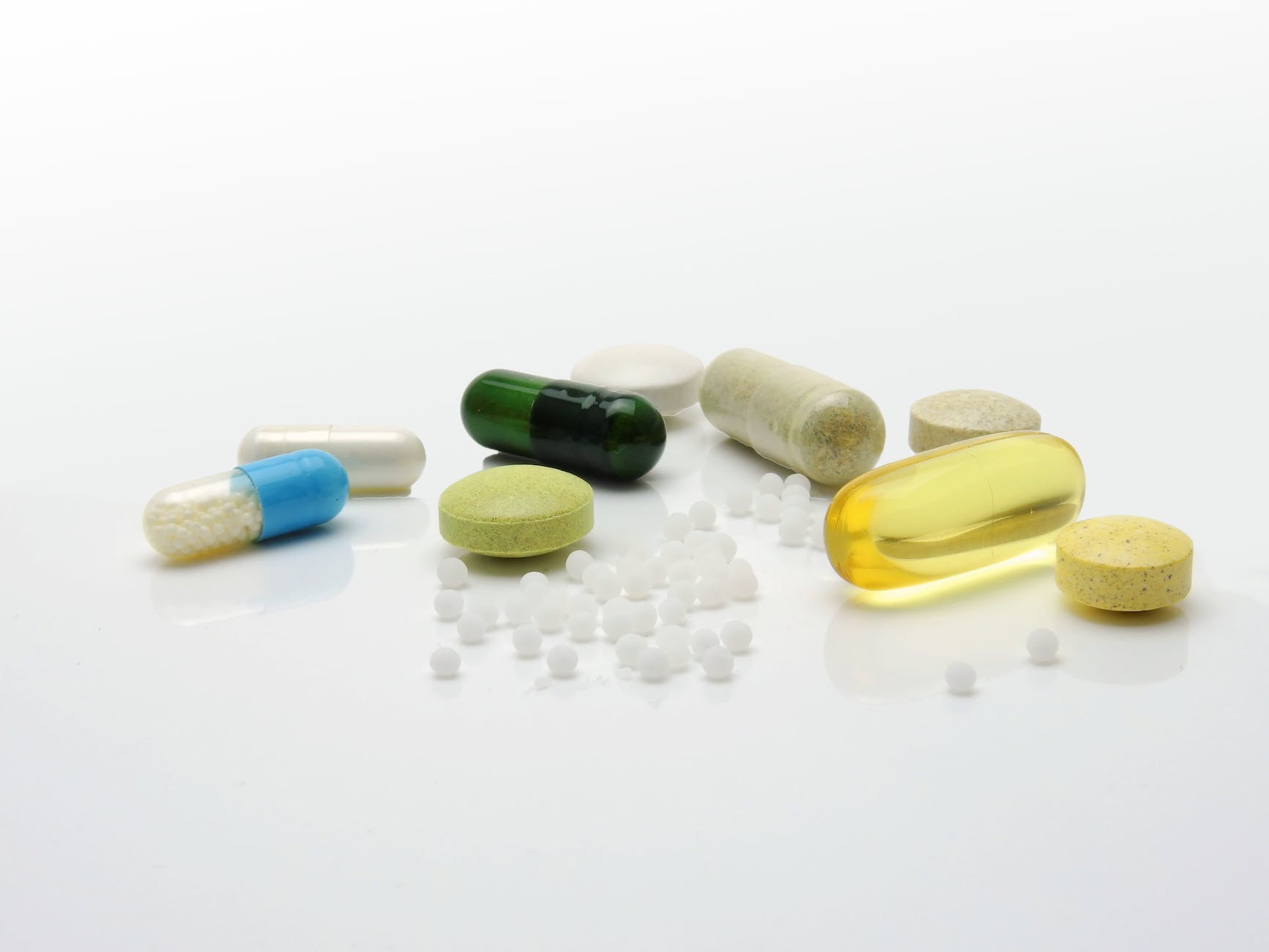
Drug
Opioid abuse has become a huge problem that affects millions of people all over the world.It’s a long-term condition that disrupts the normal functioning of the brain’s pleasure and pain centers. Once the trap of opioid addiction clamps down, breaking free unaided is not only challenging but can also be dangerous.
This is where opioid drug rehab services step in as a critical lifeline. With a comprehensive approach, these services can help those struggling to navigate the treacherous waters of addiction towards the safe harbor of recovery and health.
The benefits of contacting opioid drug rehab services are numerous and pivotal to reclaiming your life. Check out this link for more https://www.nbcnews.com/health/health-care/buprenorphine-opioid-addiction-medication-access-expanded-rcna69740.
Understanding the Depths of Opioid Addiction
To fully appreciate the benefits of opioid drug rehab services, you must first understand the depths of opioid addiction. Opioids can hijack the brain’s chemical balance, creating a false sense of wellness and euphoria.
As this artificial high becomes the new norm, the body craves more of the substance to achieve the same effect, leading to increased dosage and, inevitably, to physical dependence. Breaking free from this cycle requires more than willpower; it necessitates a structured program that addresses both physical dependence and psychological addiction, which is the cornerstone of professional rehab services.
Personalized Treatment
One of the foremost benefits of engaging with opioid drug rehab services is the comprehensive assessment that lays the foundation for personalized treatment. Addiction specialists conduct thorough evaluations to understand the extent of an individual’s addiction, considering factors such as medical history, substance abuse history, and mental health status.
This meticulous assessment enables the creation of a tailored treatment plan that can effectively address the unique challenges faced by each individual. The personalized approach is far more effective than generic treatment models, as it accounts for the personal nuances of addiction that vary from person to person. Discover more info here.
Medical Detoxification
Detoxification is often the initial step in the recovery process, and it can be the most challenging. Opioid drug rehab services provide a medically supervised detox, which is critical because withdrawal from opioids can be excruciatingly painful and, in some cases, life-threatening.
In a controlled environment, medical professionals can administer medications that ease withdrawal symptoms, ensuring that the detox process is as safe and comfortable as possible. The presence of caring staff around the clock during this vulnerable period offers reassurance and reduces the risk of relapse or complications.
Therapeutic Interventions for Lasting Change
Post-detox, therapeutic interventions come into play. Opioid drug rehab services offer a range of therapies, including individual counseling, group therapy, cognitive-behavioral therapy (CBT), and other modalities designed to help patients understand the root causes of their addiction.
These therapies are crucial for instilling coping mechanisms that can replace the reliance on opioids. They also help patients to rebuild their self-esteem and repair relationships damaged by the strain of addiction, thereby fostering a supportive network that is essential for long-term sobriety.
Support Beyond the Physical
The battle against opioid addiction is not solely physical. It is also a mental and emotional journey. Rehab services provide the psychological support needed to confront and overcome the deep-seated emotional triggers of addiction.
Through consistent counseling and support groups, individuals learn to deal with stress, anxiety, and other emotions without resorting to substance use. This holistic approach to healing is essential for a well-rounded recovery, reducing the chances of relapse.
Aftercare
A pivotal benefit of opioid drug rehab services is the aftercare support. Recovery doesn’t end when the initial rehab program does; it continues for life.
Rehab services often include aftercare planning, which may consist of ongoing therapy sessions, support group meetings, and sometimes sober living arrangements. This continuum of care ensures that individuals are not left to fend for themselves once they leave the structured environment of the rehab center.
Education for Life
We want you to know that knowledge is a powerful tool in maintaining sobriety. Rehab services provide education on the nature of addiction, how to manage cravings, the importance of nutrition, and how to maintain a balanced lifestyle.
This education arms individuals with the knowledge they need to make healthy choices and understand the consequences of their actions, significantly reducing the probability of relapse.
Restoring Health and Wellness
Opioid addiction can ravage the body. Rehab services place a strong emphasis on restoring physical health through various programs, including exercise, yoga, and meditation, as well as nutritional guidance. Restoring the body’s health is an integral part of the recovery process, enabling individuals to feel stronger and more capable of maintaining their sobriety.
Getting Back into Society
Finally, opioid drug rehab services assist individuals in reintegrating into society. This process may include vocational training, assistance with job placement, and help with acquiring social skills that may have atrophied during the period of addiction.
Reintegration is critical for ensuring that recovery is not just about ceasing substance use but also about leading a fulfilling and productive life.






